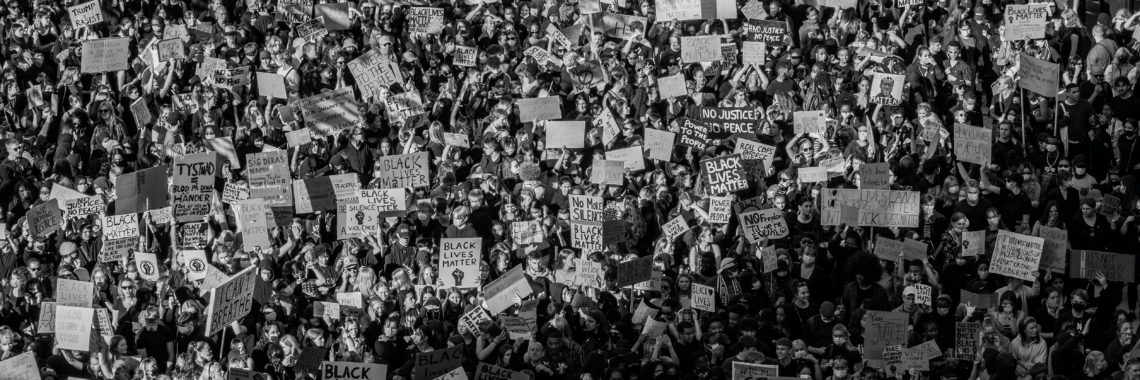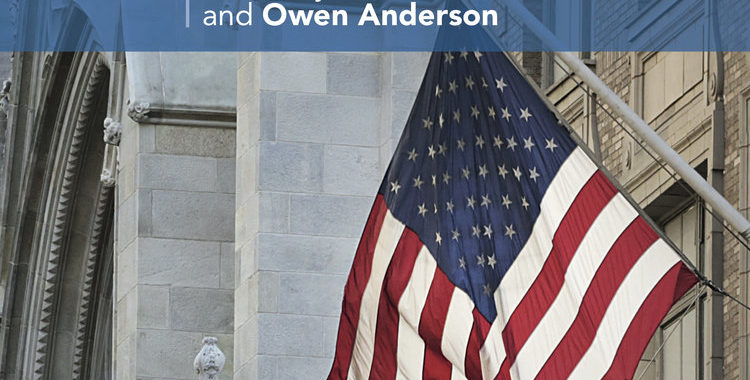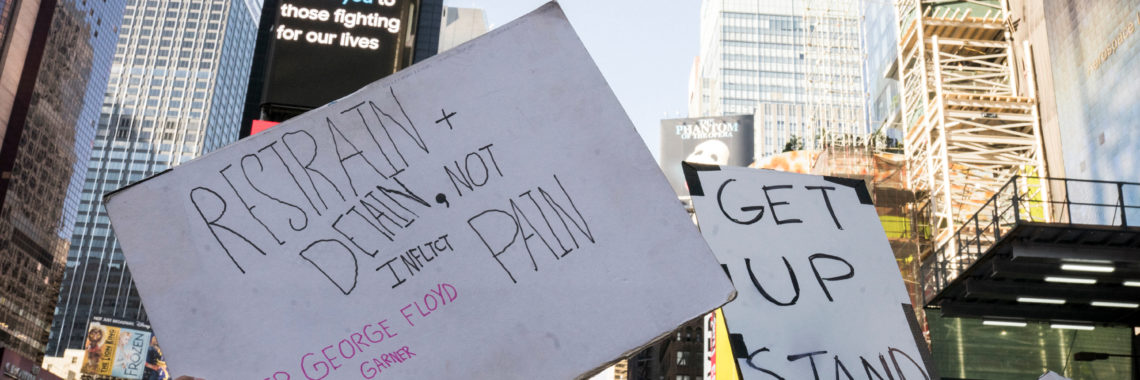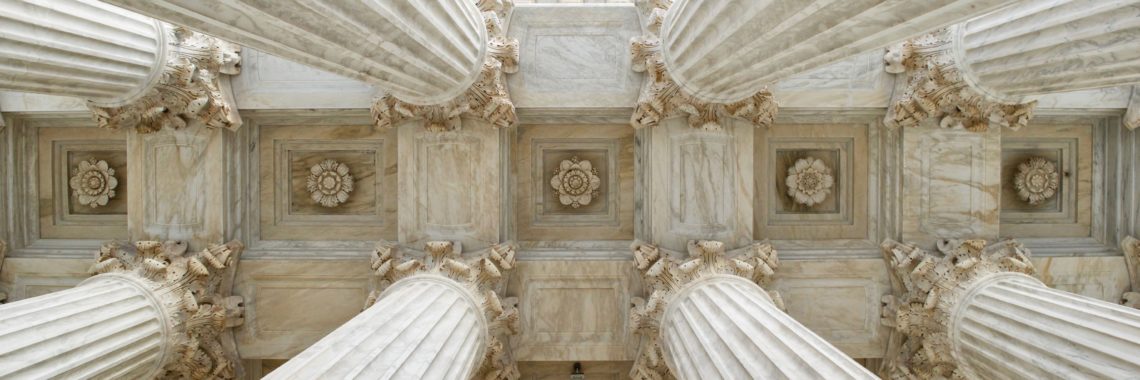“The Beauty of Disobedience” by Stephen S. Bush
Photo by Teemu Paananen on Unsplash Political Beauty On June 27, 2015, ten days after a white supremacist shot and killed nine African Americans at the Emanuel African Methodist Episcopal church in Charleston, South Carolina, Bree Newsome Bass began pulling herself up a thirty-foot tall flag pole at the South Carolina State Capitol. With the…











